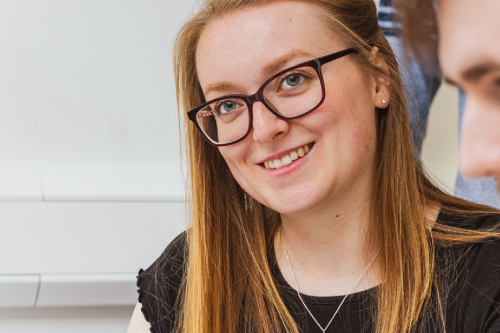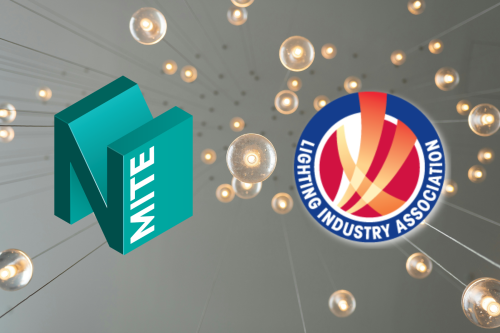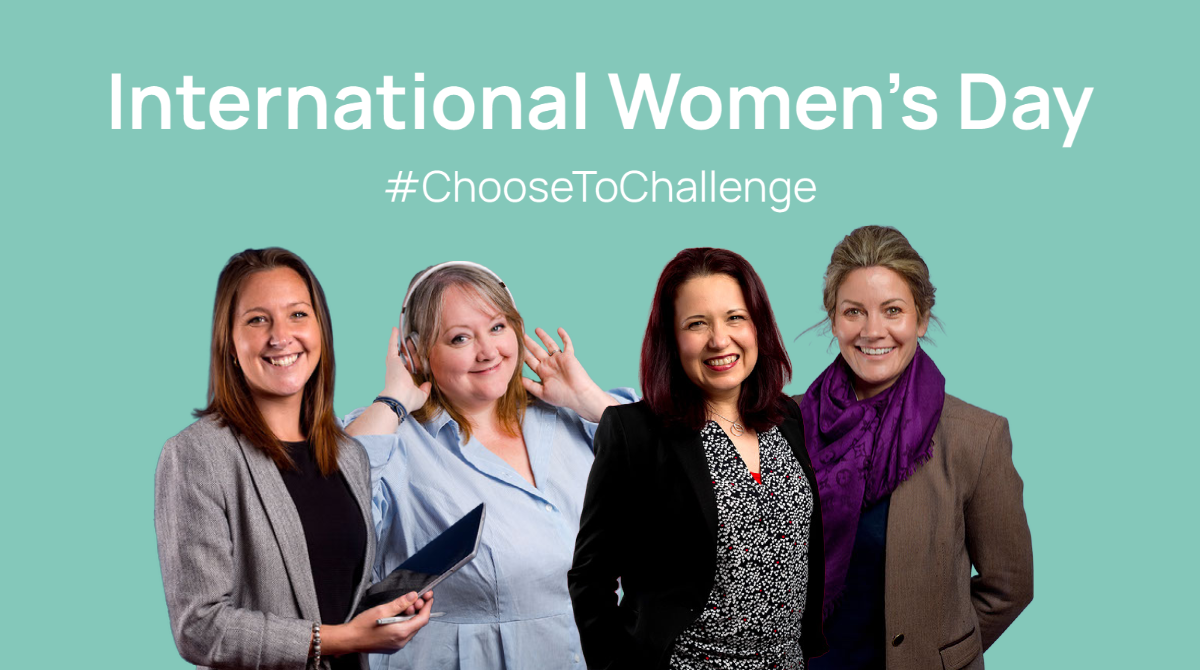
Today is International Women’s Day. A day to highlight and celebrate women’s achievement, raise awareness against bias, and to act for equality – as well as recognise events that have previously done so.
Equality, Diversity, and Inclusion has been a priority pillar for NMITE since the beginning and our aim has always been to recruit a cohort of students based on their merit, grit, courage, and passion for change – and rightly without bias towards their sex or gender. We take the same approach with the recruitment of our employees, and have been rewarded with a dedicated, enthused and determined team – each of them layered with talent and personality.
We use words like ‘our, we, team and they’, because International Women’s Day is not a women’s issue. It is an issue of equality that affects us all. It is a day that means something to us all, and for those of us at NMITE it is a day that gives us the opportunity to reflect on our approach to equality in leadership, in engineering and in higher education. It is why at NMITE, we #ChooseToChallenge.
As part of this reflection, our team have been asked some key topics surrounding IWD, here we share some of the diverse responses from some of the leading women taking NMITE forward.
What does IWD mean to you?
“IWD is an opportunity to remind ourselves of how long we have come with regards to women’s rights, equality and inclusion. But most importantly, it is an opportunity to reflect on how long we have to still go. We all have a responsibility to ensure that gender discrimination is a thing of the past, this is not a woman’s problem. It is everyone’s problem. #MyLegacy I hope, will be the work that I am doing at NMITE, where we long for gender balance and inclusion within engineering.”
– Professor Elena Rodriguez-Falcon, NMITE President and CEO
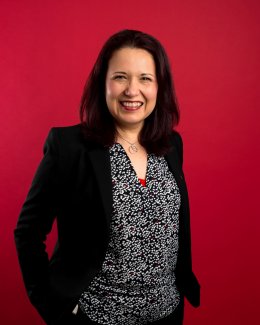
Why do we need more women in leadership?
“Diversity is good for business. If an organisation can embrace gender parity, they will see a collaboration and mixing of visions, that should provide a more comprehensive and inclusive outcome, which will enhance any business operation. Leadership shouldn’t be about the sex of a person, but it should be more multi-dimensional, looking at the contribution from the person, and different behaviours that could be enhanced, if more of a mix is seen. The world of work is changing, use of technology is increasing, and barriers that have been placed in front of females are being removed. I believe it is now a time to identify and define what behaviours and traits make a great leader, rather than allowing the gender to define the person.”
– Samantha Lewis, NMITE HR Director
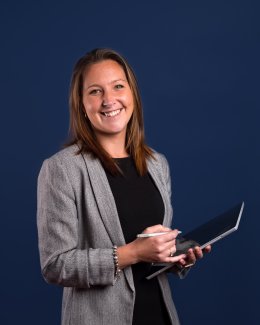
What is a moment of women's empowerment that has inspired you?
I have long admired the work and attitude of Katherine Johnson, an African American mathematician whose calculations of orbital mechanics as a NASA employee were critical to the success of first and subsequent U.S. manned spaceflights. During her 35-year career at NASA and its predecessor, the National Advisory Committee for Aeronautics, she earned a reputation for mastering complex manual calculations. A real trailblazer of her time. I am deeply inspired by the following two quotes of hers:
“I don’t have a feeling of inferiority. Never had. I’m as good as anybody, but no better.” – Katherine Johnson
“We will always have STEM with us. Some things will drop out of the public eye and will go away, but there will always be science, engineering, and technology. And there will always, always be mathematics.” – Katherine Johnson
– Rachel Carr, NMITE Marketing and Communication Lead
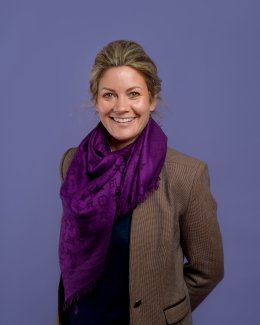
What progress do you believe has been pivotal in the fight for equality, and for women’s empowerment?
“One of the most striking moments of women’s empowerment is one that happened before I was born and gives freedom to 100 million women worldwide – the approval and adoption of the oral contraceptive pill in the early 1960s. It gave women previously unimaginable control over their fertility, triggered a social revolution, and allowed young women to go to college and university in much greater numbers and make longer-term career plans. The pill might be controversial, but you cannot argue that it has helped transform the role of women in society.”
– Professor Beverley Gibbs, NMITE Chief Academic Officer

We can all choose to challenge and call out gender bias and inequality. We can all choose to seek out and celebrate women's achievements. Collectively, we can all help create an inclusive world.




